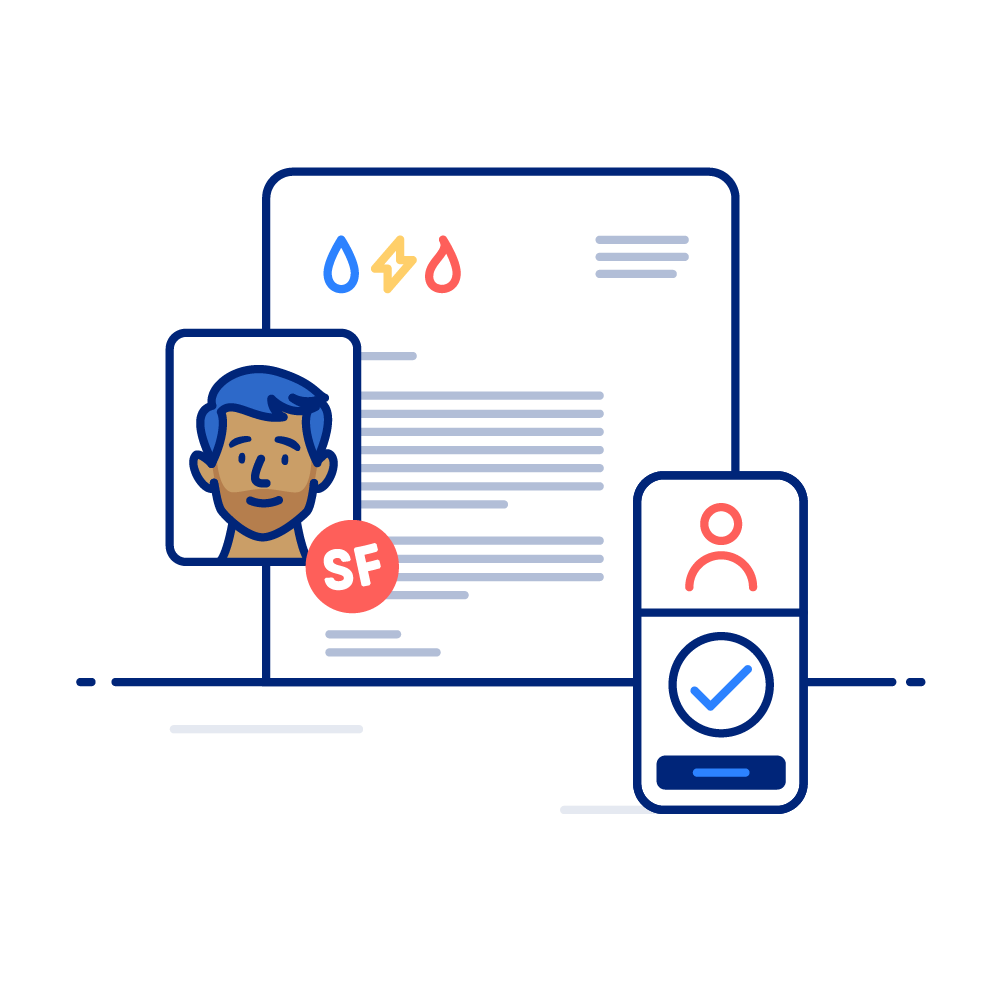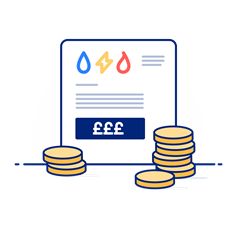How to navigate the cost of the living crisis: 5 things you should do if you have debt
The cost of living in the UK has been rising for some time, and by April 2022 millions of households will begin to feel the pinch even more when energy bills rise and the National Insurance tax hikes come into effect.
But what exactly is the cost of living crisis and how will it directly impact households across the UK?
The ‘cost of living crisis’ refers to the fall in ‘real’ incomes caused by inflation growing at a faster rate than wages, combined with upcoming tax increases. In short, things are becoming more expensive, particularly food, energy and fuel - and wages are not increasing at the same rate - putting a squeeze on household incomes across the UK.
What can I do to protect myself if I have debt?
If you find yourself about to fall into debt, or you’re worried that your current debt might become unmanageable, here are five things you can do to help manage that debt through the cost of living crisis.
Know what you owe - how much debt do you have?
Many people with debts don’t actually know how much they owe, so sit down and work out exactly how much debt you have. Also find out what the APR (annual percentage rate) is that you're being charged for each debt and work out how much you need to meet your debt obligations each month.
Prioritise your repayments
At the very least, you need to be making the minimum repayment on all debts to avoid getting into further difficulty. Once you've got your budget giving you a clearer idea of how much extra money you can put towards paying off debt, pay the debts with the most serious consequences and highest cost first. Some suggestions on how to prioritise payments can be found in this blog.

Consolidate your debts
Consider debt consolidation if you have multiple debts. You could find out if you are eligible for a salary deducted loan via your employer through Salary Finance which could help consolidate monthly debt repayments and free up extra cash to help with the rising living costs and bills. You can also find out whether debt consolidation is the right option for you by reading this blog here.
Draw up a spending plan and cut non-essentials
Once you know how much you owe each month, you can work out what you can afford. Draw up a spending plan showing you how much you have coming in and going out each month. If you're not sure where to start, our Smart Spending System can help. This will help you to have a clearer idea of how much money you have to clear your debt each month and allows you to set a realistic time frame for getting rid of your debts.
Get help if your debts are out of control
If you’re genuinely struggling to stay on top of your repayments and you’re starting to worry that your debt levels are out of control, stay calm. You can negotiate with your lenders, it’s in their interests to keep your repayments affordable rather than risk you paying nothing. If you want someone to help you negotiate or simply need some free debt advice from experienced advisers then you can get in touch with PayPlan or StepChange
Worried about your finances? Take a minute to complete our financial wellbeing poll. We use your feedback to create financial educational content to help you improve your financial wellbeing. Tell us how you feel!
Sign up to our newsletter
Our newsletters bring you the latest articles to help you improve your financial wellbeing.
If you want to consent to receiving our newsletter please enter your email below to subscribe. If at any point you want to withdraw your consent please email hello@salaryfinance.com. For more information about how we use your personal data see our privacy notice.



